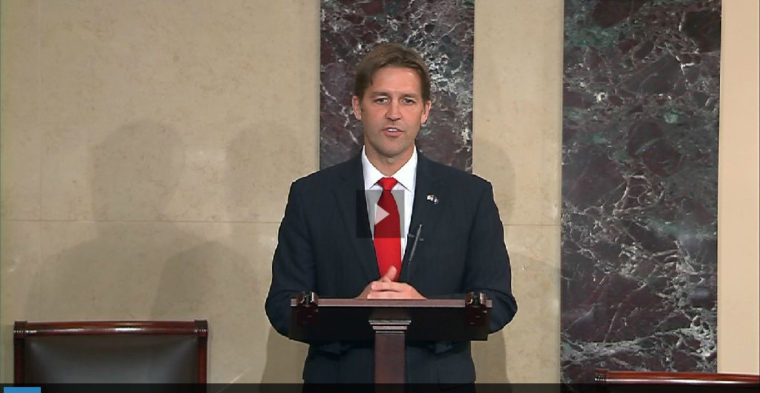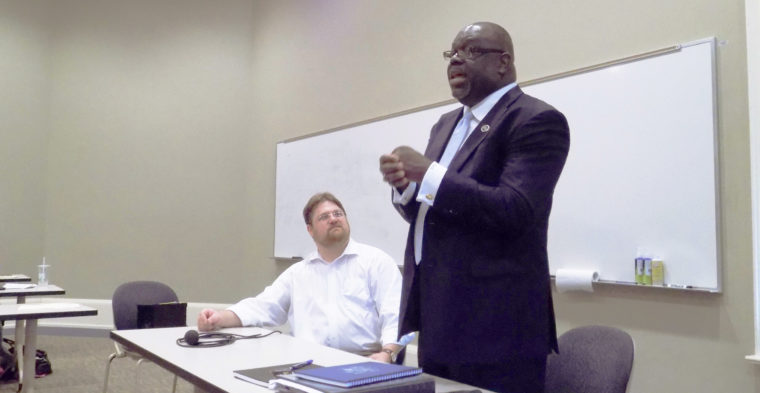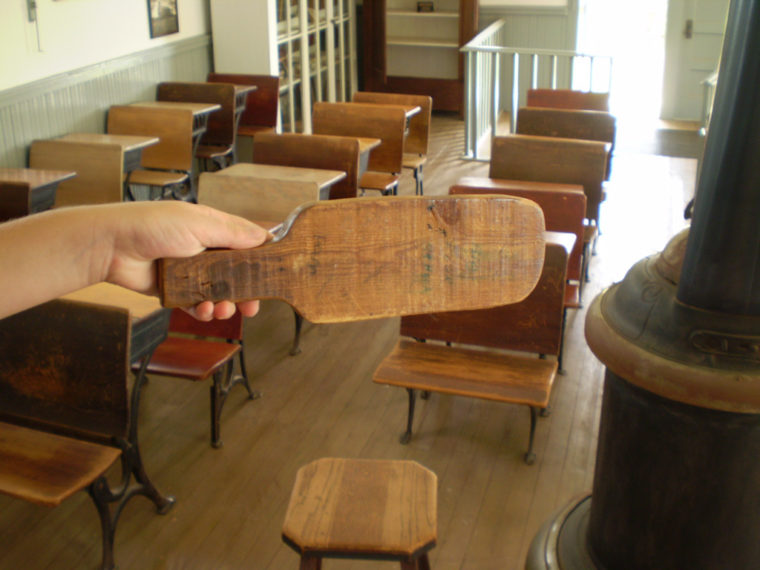Public Policy Leadership alumn Elliott Warren kindly sent me a link to this maiden address from Senator Ben Sasse, Junior Senator from Nebraska (R). It was an incredibly kind compliment for Elliott to say that this Senator’s speech reminded him of my classes here at the University of Mississippi. Senator Sasse calls for a renewal of the virtues of deliberation that the Senate is supposed to embody. He explicitly points to Socrates for insight, and to the methods of Socratic dialogue. He calls on his colleagues explicitly to avoid straw man fallacies and other errors of reasoning. It was the most elegant speech I have heard from a Senator in years.
The speech is 29 minutes long. You may not have that time right now. At some point, though, you will be glad that you watched Senator Sasse’s speech. I urge you all to find the time. Here’s his speech on C-SPAN.



 Here’s my first piece in the Hechinger Report. It’s again on the subject of the students’ request to take the state flag down. In this case, I’ve written to a national audience, rather than just to a Mississippi audience (Clarion Ledger). Check it out.
Here’s my first piece in the Hechinger Report. It’s again on the subject of the students’ request to take the state flag down. In this case, I’ve written to a national audience, rather than just to a Mississippi audience (Clarion Ledger). Check it out.













 About Me
About Me